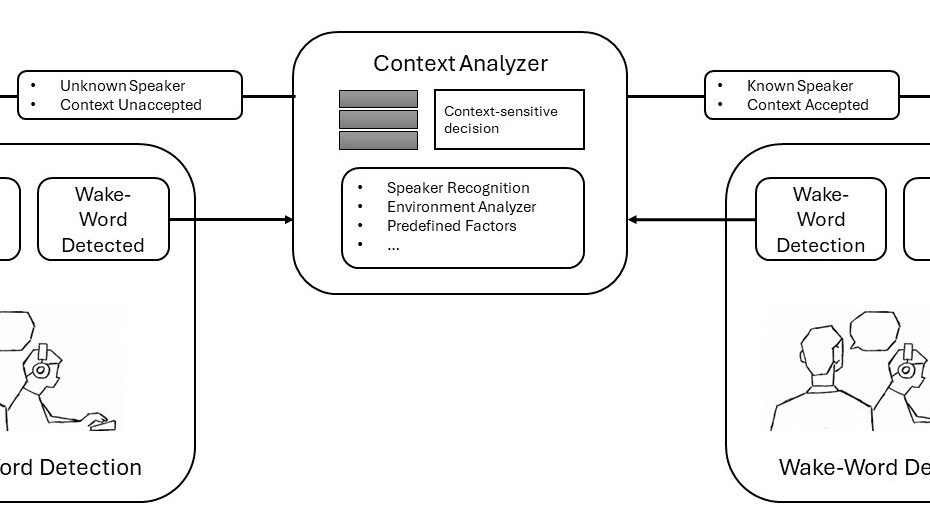Customized Wake-Word Integration in ANC-Enabled Headphones: Enhancing Assistive Technology for Noise-Sensitive Employees in Office
Authors Jan Schmalfuß-Schwarz, David Gollasch, Meinhardt Branig, Christin Engel & Gerhard Weber Conference Mensch und Computer 2024 Publication Format Short Paper Review-Process Peer Review Citation Jan Schmalfuß-Schwarz, David Gollasch, Christin Engel, Meinhardt Branig, and Gerhard Weber. 2024. Customized Wake-Word Integration in ANC-Enabled Headphones:… Read More »Customized Wake-Word Integration in ANC-Enabled Headphones: Enhancing Assistive Technology for Noise-Sensitive Employees in Office
